Our Team
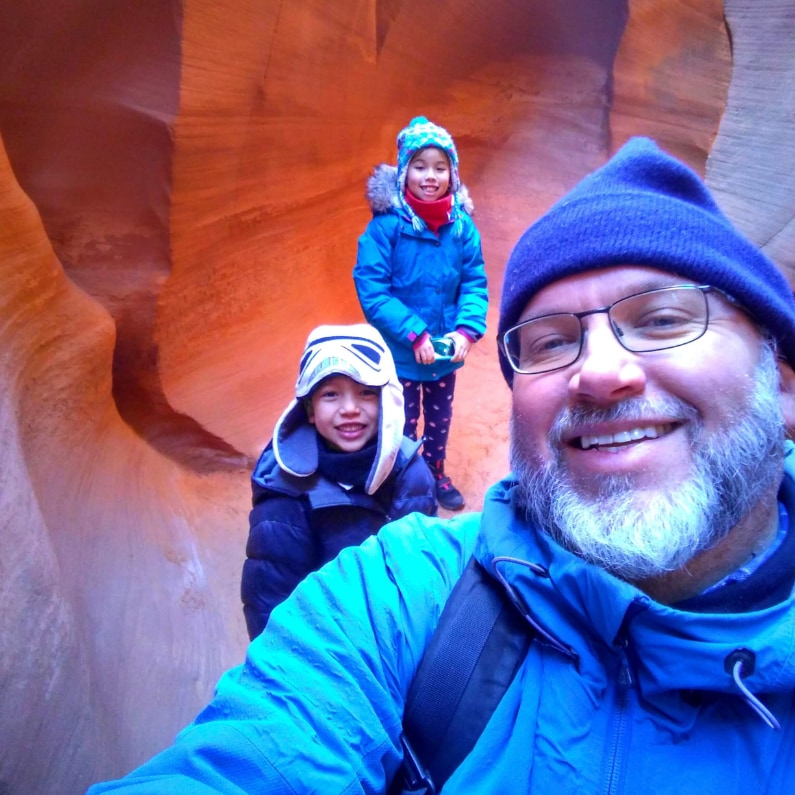
Craig Simmons
Dr. Craig Simmons is Distinguished Professor of Mechanobiology, Mechanical and Industrial Engineering, IBBME, and Biomaterials Discipline, Faculty of Dentistry and Lead, Translational Biology and Engineering Program at the University of Toronto.
Craig leads a talented group of researchers and students to discover new treatments for heart valve, heart muscle, and blood vessel diseases, including strategies to regenerate cardiovascular tissues using stem cells and biomaterials. His group also creates novel microfluidic platforms to model vascularized tissues and organs for improved drug testing.
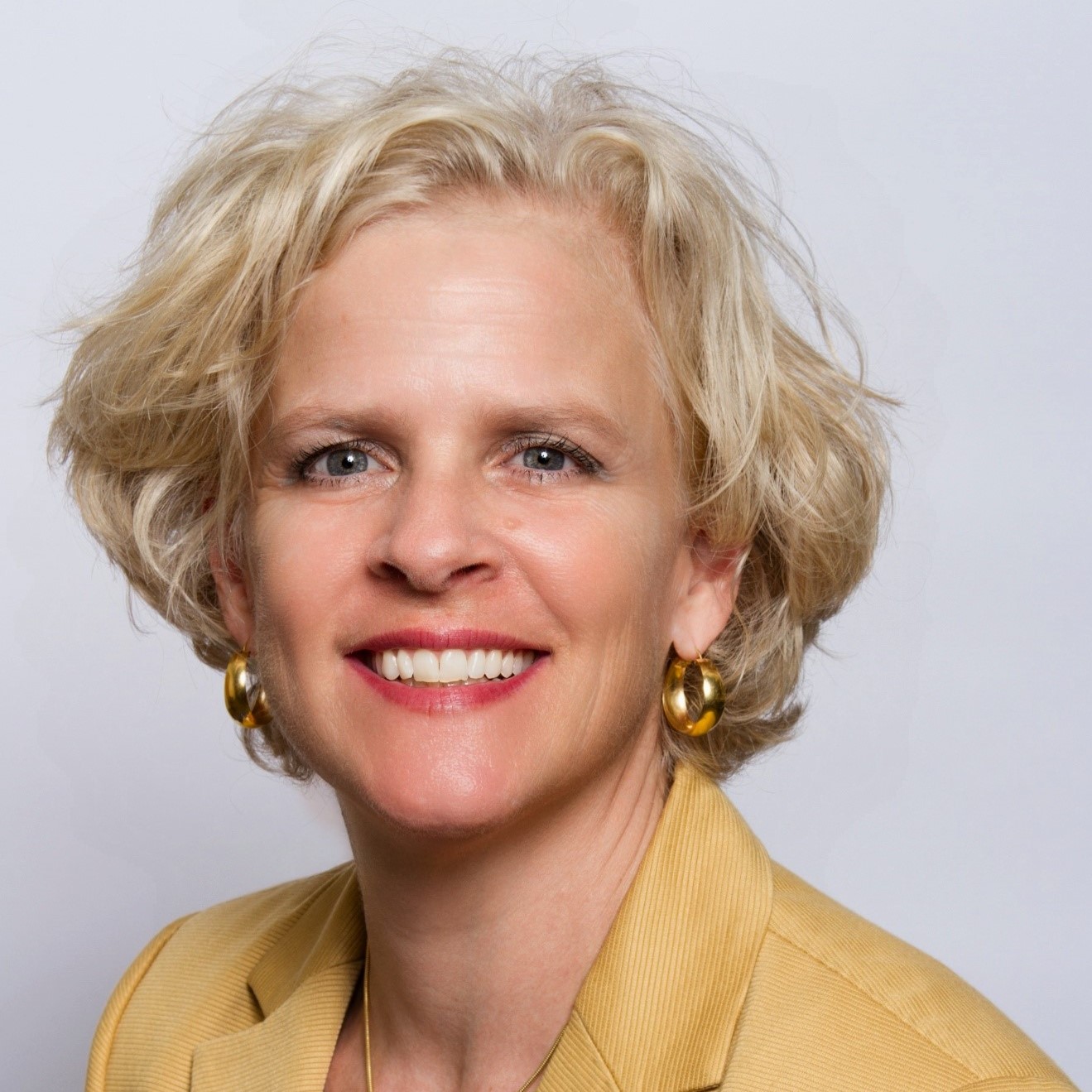
Heather Ross
Dr. Heather Ross is Head of the Division of Cardiology and Loretta A. Rogers Chair in Heart Function at UHN. She is Site Lead for the Ted Rogers Centre for Heart Research and Professor of Medicine at the University of Toronto. In December 2020, she was named to the Order of Canada.
Founder of TestYourLimits.ca dedicated to improving heart health and research in heart failure, Heather was named as one of the top 100 modern day explorers by Canadian Geographic in 2015.
I have had the opportunity to travel up to WAHA, Northern Ontario as well as the NWT and can bear witness to the disparities in access to healthcare. I believe we have a unique opportunity to leverage digital health interventions and virtual care to enable access to equitable high-level care. The TRANSFORM HF strategic initiative brings together a diverse group of engineers, scientists, clinicians, patient partners, and learners – together we will make a difference.
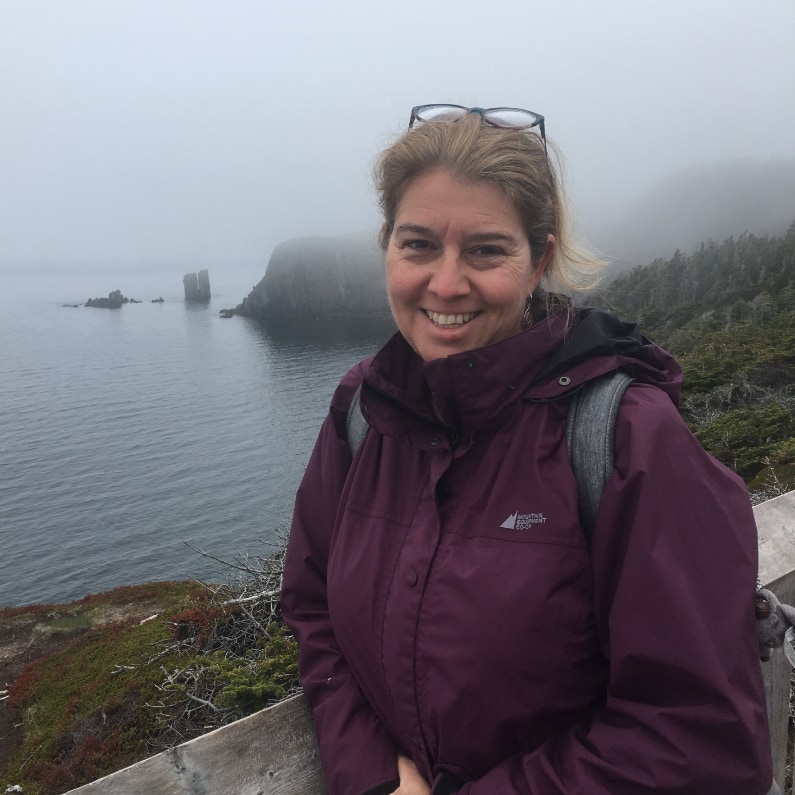
Anne Simard
Anne Simard is the Director of Strategy and Translation. In the past decade, Anne served as Chief Mission and Research at the Heart & Stroke Foundation of Canada and Chief, Knowledge Services at Public Health Ontario. Trained in journalism and public health, Anne is focused on intersectoral approaches to improving health that are wholistic, engage patients and communities, use data and technology in new and creative ways and focus on collaborative solutions.

Augusta Lipscombe
Augusta is TRANSFORM HF’s Program Manager. She completed a Bachelors of Science at the University of Guelph and a Master of Marine Management at Dalhousie University, following which she began a career in science communications. For the past seven years, Augusta has worked with non-profit organizations and educational institutions to translate knowledge into accessible content and build community engagement.

Alanna Evans
Alanna is TRANSFORM HF’s Research and Communications Specialist. She has over five years of communications experience working in community-oriented and research focused organizations within the non-profit sector. Alanna holds an Honours Specialization in Health Sciences from Western University and a post-graduate certificate in Environmental Visual Communication from Fleming College. In her work, she uses communications tools to amplify community stories and distill research into creative and engaging resources.
Steering Committee
Aaron Wheeler
Azadeh Yadollahi
Douglas S. Lee
Jodie Jenkinson
Strategic Advisor in Indigenous Health, Temerty Faculty of Medicine
Julie Vizza
Strategic Advisor in Indigenous Health, Temerty Faculty of Medicine
Kim Locke
Strategic Advisor in Indigenous Health, Temerty Faculty of Medicine
Mali Worme
Strategic Advisor in Indigenous Health, Temerty Faculty of Medicine
Megh Rathod
Strategic Advisor in Indigenous Health, Temerty Faculty of Medicine
Division of the VPRI at University of Toronto
TRANSFORM HF is supported by the University of Toronto, Institutional Strategic Initiatives.
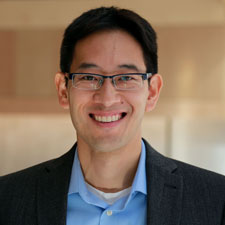
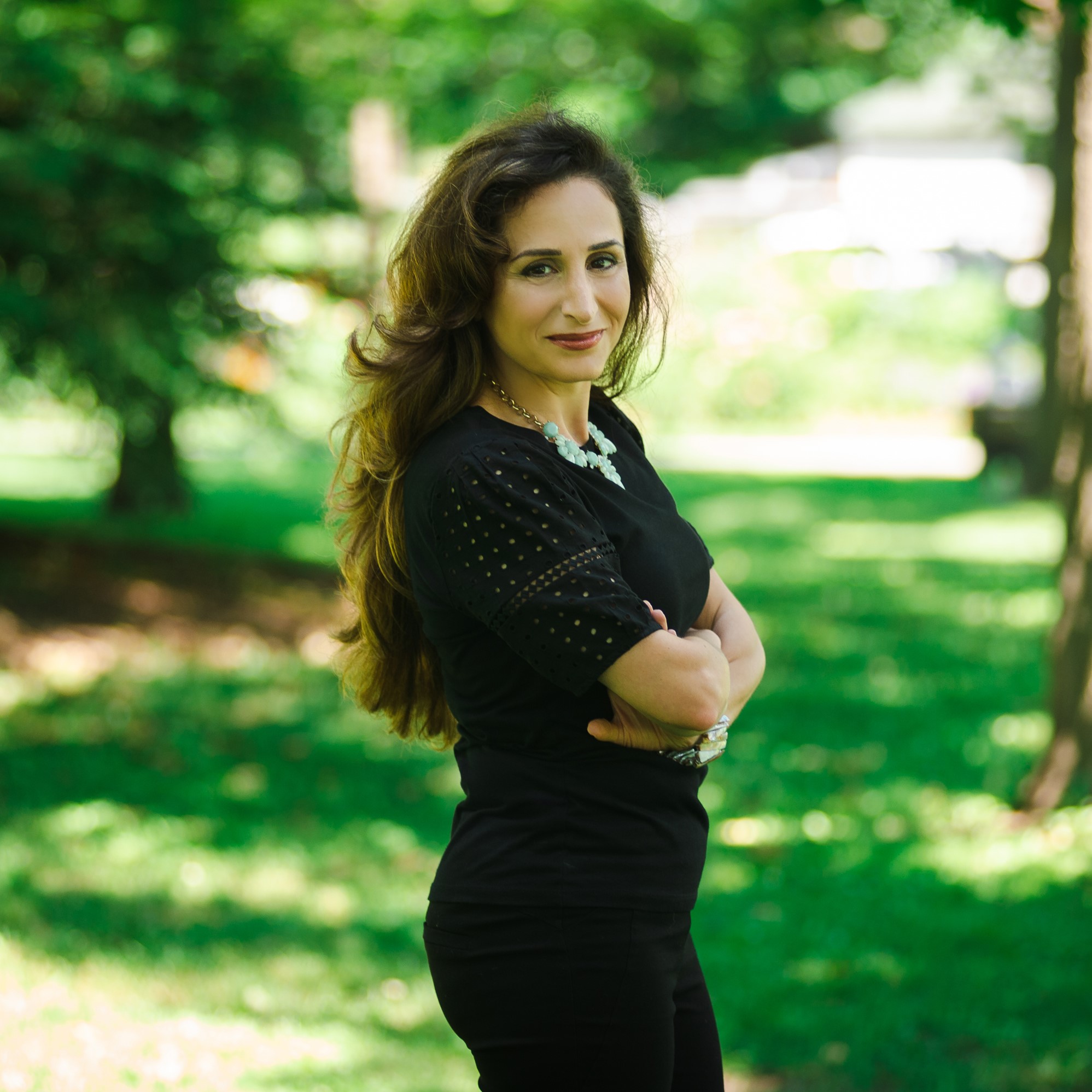
Our Network
Collaboration is key to digital innovation within our institutions, and beyond.
TRANSFORM HF unites a multi-disciplinary team. Our membership consists of more than 260 clinicians, scientists, engineers, faculty members, trainees, and patient and community partners spanning 24 different institutions.
Between 2023-2024, our membership grew by 30%. Continuing to build our network is a key goal.
Benefits of Membership
As part of the TRANSFORM HF network, members:
- Are eligible to apply to exclusive TRANSFORM HF funding opportunities
- Are supported in acquiring external funding to advance related research
- Have access to training and networking opportunities
- Have exposure to facilitated interdisciplinary collaborations and resource sharing
- Will help shape heart failure research, education, and innovation, ensuring that people with lived heart failure experience are involved with co-creation at every stage
Membership Criteria
Members must fully complete the Membership Intake form.
Members must support our vision and observe our values, notably our commitment to inclusion, diversity, accessibility, and health equity.
Members are expected to act as ambassadors of TRANSFORM HF. This includes:
- Participating in network events and activities, such as annual meetings and training opportunities
- Collaborating with other network members on research and knowledge mobilization/translation activities
- Acknowledging TRANSFORM HF in publications, presentations, or other communications related to research findings supported by initiative funding; alerting TRANSFORM HF of any related translational outputs
- Encouraging participation through your own networks to enhance the network and advance our mission (e.g., trainees, patients, investigators, industry partners, or other collaborators)
- Promoting the initiative wherever and whenever possible and appropriate
Members are expected to assist TRANSFORM HF in yearly reporting by providing requested information on research impact, knowledge mobilization and translation, leveraged funding and partnerships, and capacity building.
Join Our Network
We encourage any researchers, clinicians, trainees, and partner institutions whose research, experience, or interests align with our mission and approaches to consider becoming a member of this quickly expanding network.
U of T Faculties
- Dalla Lana School of Public Health
- Faculty of Applied Science & Engineering
- Faculty of Arts & Science
- Factor-Inwentash Faculty of Social Work
- Faculty of Kinesiology & Physical Education
- Lawrence S. Bloomberg Faculty of Nursing
- Ontario Institute for Studies in Education
- The Temerty Faculty of Medicine
- University of Toronto Mississauga
- University of Toronto Scarborough
U of T Initiatives/ Institutes
- Centre for Analytics and Artificial Intelligence Engineering (CARTE)
- Centre for Research and Applications in Fluidic Technologies (CRAFT)
- PRiME
- The Reach Alliance
- Schwartz Reisman Institute
- Translational Biology and Engineering Program (TBEP)
- Toronto Health Economics & Technology Assessment Collaborative
Industry Partners
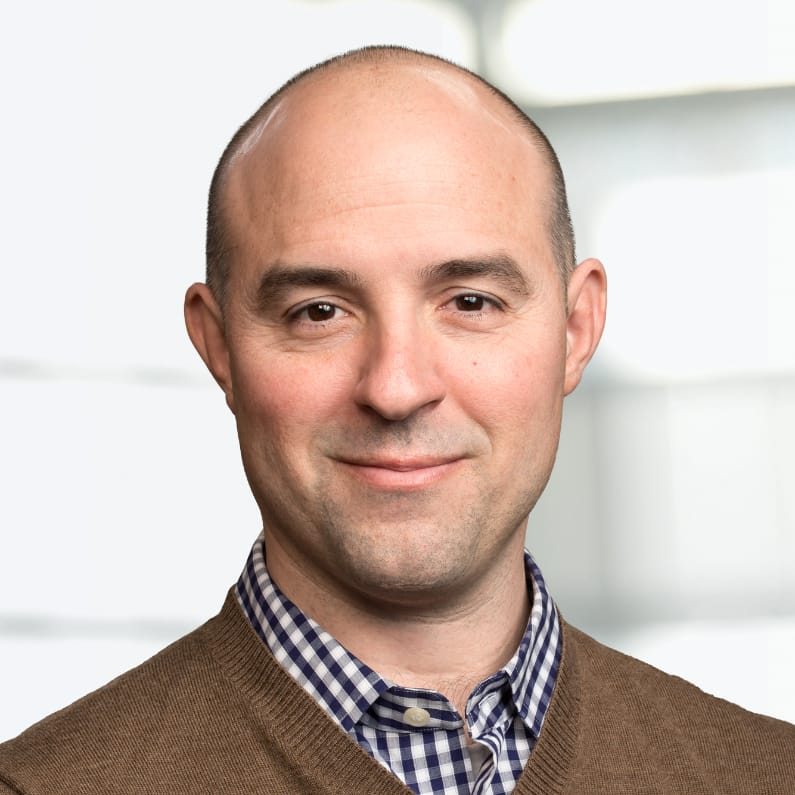
Dr Aaron Wheeler’s expertise is in microfluidics, which is commonly used to form portable “lab-on-a-chip” systems for bringing laboratory functionality out into the field. Wheeler looks forward to working with the incredible TRANSFORM-HF team to develop lab-on-a-chip systems that can be operated in remote locations for rapid and reliable quantification of critical biomarkers for cardiovascular disease.
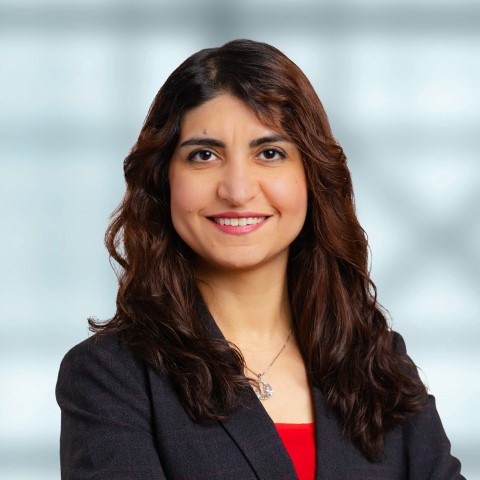
Dr. Azadeh Yadollahi is an Assistant Professor at the Institute of Biomedical Engineering at the University of Toronto. Her work focuses on developing devices, techniques, and protocols that will assist people with trouble breathing particularly while they are sleeping or if they are suffering from a chronic sleep disorder. Dr. Yadollahi hopes to improve innovative medical devices for the diagnosis and management of chronic diseases which will help patients live comfortably and safely in their homes and not in hospitals or nursing homes.

Dr. Douglas Lee’s work aims to improve the quality and outcomes of cardiovascular care using advanced analytic approaches such as high dimensional predictive modeling, statistical learning, and machine learning using both patient-level clinical and population-based data sources. Dr. Lee’s research aims to understand where disparities and variations occur and improve access to high quality cardiovascular care by developing strategies and policies for all individuals.
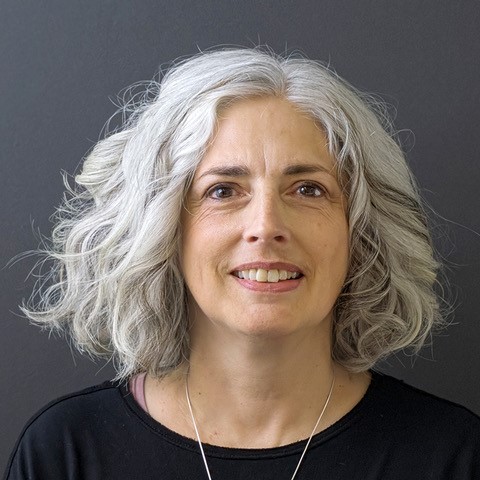
Dr. Jodie Jenkinson’s research focuses on the role that visual representations play in learning. This includes investigation along various lines of inquiry including the efficacy of visual media within different learning contexts and the design of visual representations for optimal impact. Her research in patient education examines strategies for remediating misconceptions, the efficacy of risk communication, and promotion of self efficacy in healthcare.
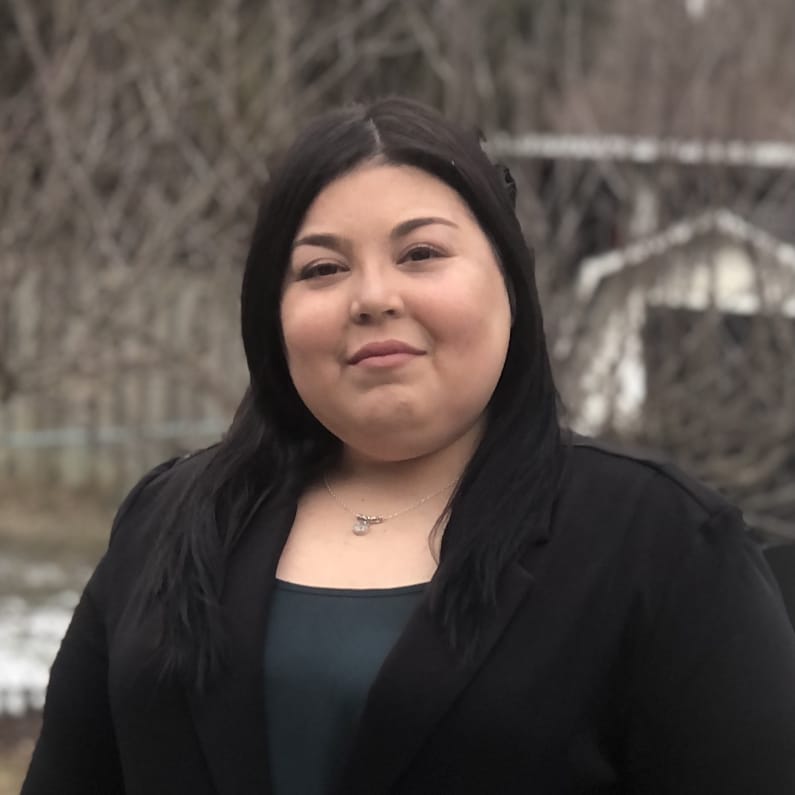
I am a Patient Partner at the University Health Network, whose lived experience as a individual with chronic and complex care needs has strengthened my conviction that the perspectives of patients, as well as, collaboration with and among providers are fundamental in establishing and delivering optimal patient-centred care. Living with, and managing my health needs, while also constantly adapting to and navigating our healthcare system has led to my pursuit of a PhD in Health Science. My own research explores the lived experience of self-management among individuals with multiple chronic conditions and within team-based care settings.

Kim Locke is completing certification coursework in preparation for an MA in Terrorism Studies. She shares her Brampton, Ontario townhouse with three degu roommates, and enjoys reading, birdwatching, tea, and gardening. Kim was diagnosed with Chronic Heart Failure in December 2021, and has been searching for ways to make her life easier with it ever since. She’s also very curious about how autism affects people with chronic heart failure.
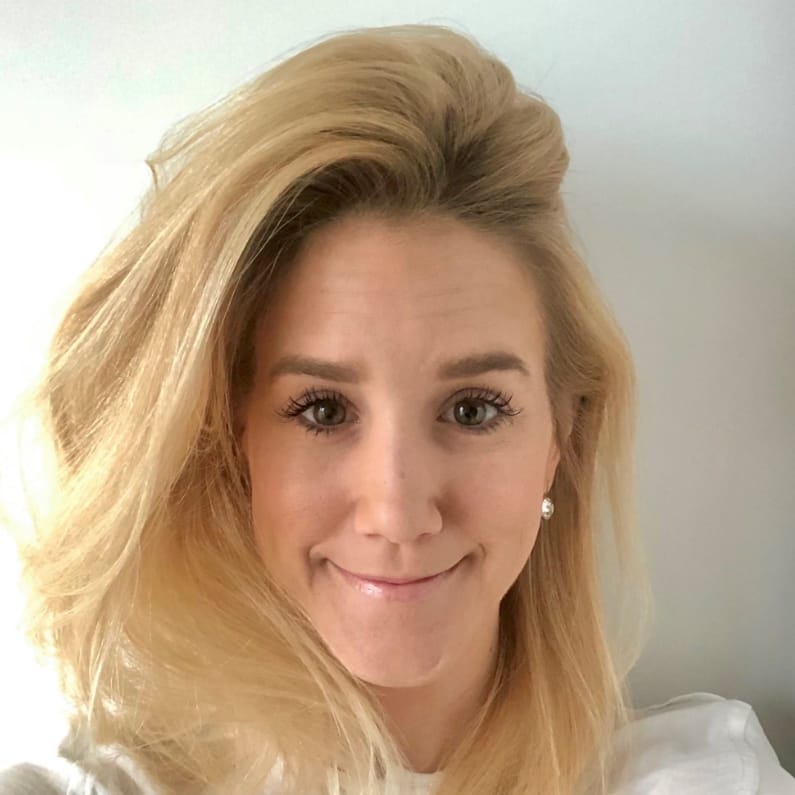
Dr. Mali Worme is a cardiology fellow who has spent 15 years of education in Canada after having been born and raised on the island of Barbados. “Healthcare disparities are an interest of mine. I am eager to develop innovative ways to provide cardiac care for patients in the digital era, to improve access and health equity both in Ontario and back home.”
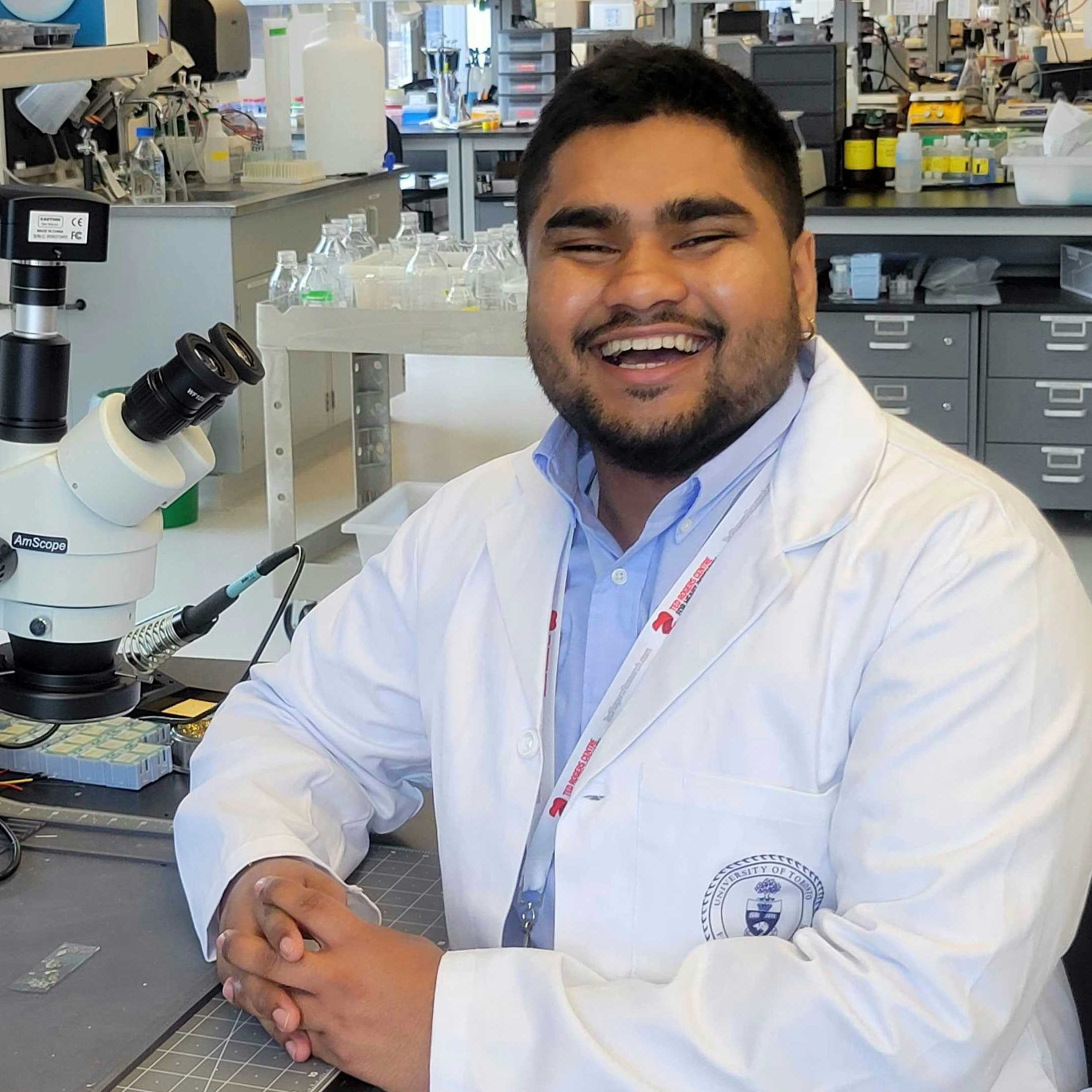
Megh Rathod is a graduate trainee in Biomedical Engineering (Clinical Engineering stream) at the University of Toronto. He graduated from McMaster University in the Honours Integrated Science program with a focus in Biology and an Interdisciplinary Minor in Community Engagement. Megh’s fascination with leveraging physical and chemical interactions to gain new insights into physiology is complemented by his passion for creative solutions to advance medicine and quality of care. Outside of the lab, Megh can likely be found eating or exploring.










